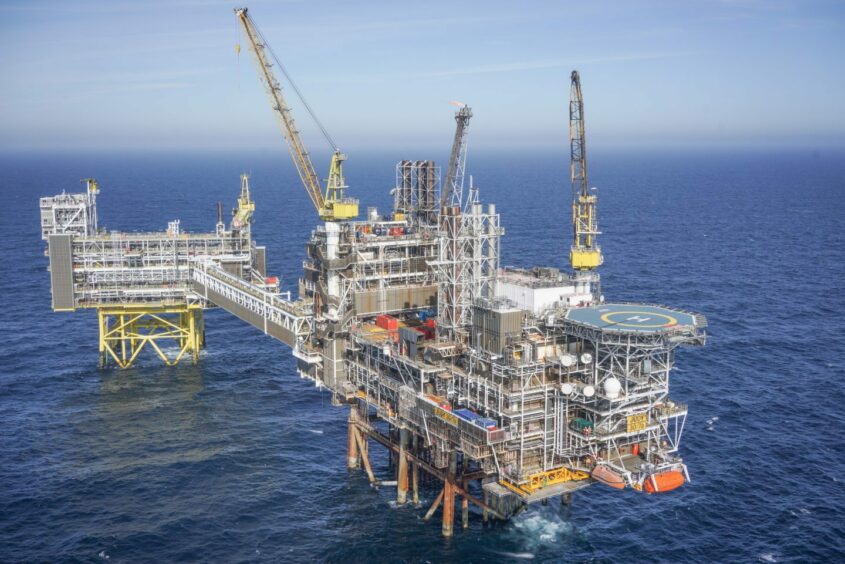
Failing to meet diversity and inclusion (D&I) targets could see oil firms’ access to funding being cut, the North Sea’s largest producer has warned.
Laura Hutchison, vice president for tax at Harbour Energy (LON: HBR), said lenders are now weighing up investments against company progress on creating diverse teams and inclusive workforce practices.
That scrutiny, which forms part of wider ESG considerations, includes “scope for pricing adjustment if targets are achieved”.
Harbour Energy – the largest oil and gas producer in the UK, outstripping majors like TotalEnergies, BP and Shell – itself has significant net debt of $1.1bn (as of September 30).
At an industry event in Aberdeen, Ms Hutchison said: “Failure to embrace a D&I culture could in time contribute to a lack of access to funding, curtailing businesses’ ability to invest overall.”
The industry has of late been arguing the case for stronger D&I practices – not only to make up for a poor track record over the decades, but because research states it improves business performance.
Ms Hutchison spoke directly about the impact D&I is having on the ability of oil firms to take loans, with those targets now being scrutinised firmly by lenders.
‘The conversation on D&I has started’
“Investors and lenders are increasingly focused on ESG considerations. They started this by looking for assurance of matters that could impact a business’s reputation and hence the value of their investments and the sustainability of that long-term.
“However, this is evolving into a position where funders are looking for specific metrics to be met or targeted in order to be able to invest at all.
“In the oil and gas lending space, we’re seeing sustainability metrics being introduced into debt facility documentation and scope for pricing adjustment if targets are achieved.
“Focus to date has been on emissions but the conversation on D&I has started.”
Ms Hutchison was joined at the event, organised by trade body Offshore Energies UK (OEUK), by representatives from Deloitte, Baker Hughes, BP and Aker Solutions.
‘If we don’t change, we’re going to be directed to’
Jon Potter, vice president for supply chain and performance transformation at Aker Solutions, echoed Ms Hutchison’s sentiment.
He said that companies need to act now, not only for the moral case but because “if we don’t change it for us, we’re going to be directed to by our clients”.
The industry released its first D&I index last year, which highlighted several areas for improvement.
OEUK’s task group manager on the issue Findlay Anderson told EV earlier this year that the sector is focused on becoming more representative of society.
Speaking at the event, Hisham Hamid, education and employability advisor at BP, told the audience that D&I has evolved into more than just “the right thing to do”, but key for attracting talent.
“Now, more so than ever before – particularly in the context of the just energy transition – the business case for D&I is imperative.
“We need to get this right or there won’t be an energy transition, there won’t be a workforce to tap into to progress at the pace that we need to.”
Recommended for you

